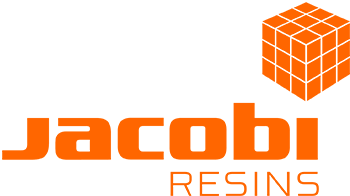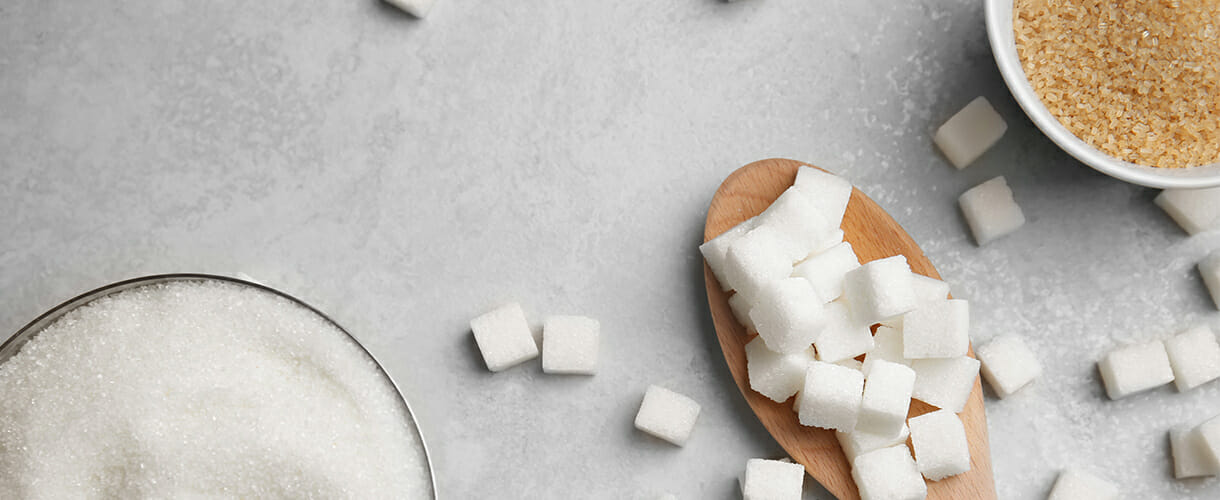
APPLICATIONS & SOLUTIONS
As the world grows to nearly 10 billion people in 2050, demand for food is expected to grow 50%. Population growth and urbanization are creating demand for more convenient and shelf-stable products, while consumers globally are demanding healthier options, clean label products, and foods with sustainable sourcing. In addition, with a large water footprint, the food industry is looking to reduce water consumption by up to 50%, delivering bottom-line impact as well as enhanced brand reputation.
Jacobi offers an array of ion exchange and activated carbon solutions that enable food and beverage companies to make products more cost-effectively and sustainably. We help our customers create new low-calorie sweeteners, decolorize wines and juices, soften water for breweries, and reduce their water footprint. Our innovations help our customers adapt to new consumer preferences and global sustainability needs.
SUMMARY
- Decalcification, deashing and discoloration
- Chromatographic enrichment
- Micropollutants and harmful compounds removal
- Nutraceuticals recovery
- Fruit juice and beverage enhancement
- Process water production and water reuse.
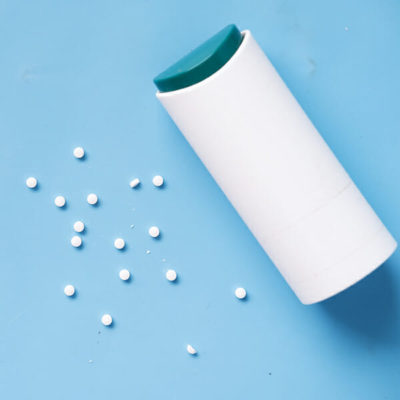
Sugar and Sweeteners
Consumers globally are asking for lower-calorie and more natural options. Aligned with SDG goals, major producers have committed to helping reduce sugar and calories from people’s diets as well as the amount of water used in manufacturing. Jacobi offers a portfolio of solutions for processing sugar and full-calorie and corn and wheat-based sweeteners such as dextrose and high fructose corn syrup (HFCS), as well as lower calorie and non-caloric sweeteners (NCS) such as sucralose, allulose, and steviol glycosides.
Softening
- Our SAC resins for decalcification improve beet molasses recovery by increasing chromatography performance and reduce evaporator scaling, and can be used in the Gryllus, NRS, and Quentin processes.
Deashing
- Our high-capacity SAC and WBA resins enable the efficient and economical deashing of corn-based sweeteners by delivering high throughput, economical regeneration, long life, and low operating costs.
Chromatographic Separation
- Our globally-renown portfolio of chromatographic resins enables recovery and enrichment of beet sugar and starch syrups, sugar alcohols, carbohydrate derivatives, and oligosaccharides. We tailor our products to our customer’s needs, greatly improving their capacity, yield/purity, and operating costs.
Decolorization
- Jacobi’s activated carbon and resins offer a wide range of solutions for the removal of anionic, hydrophobic colour bodies from cane sugar, with lower overall cost ownership, regenerant and water use.
Liquid Sugar Polishing
- A mixed bed of Jacobi’s SBA and WAC products enables the effective removal of minerals, colour, and other impurities from liquid sugar.
Sucrose Inversion
Sucrose can be hydrolysed to a mixture of fructose and glucose to enable higher concentration. Ion exchange is used for acid hydrolysis and neutralization, providing additional color and ash removal as well.
- Jacobi’s SAC resin is effectively used for acid hydrolysis followed by our WBA resin for neutralization.
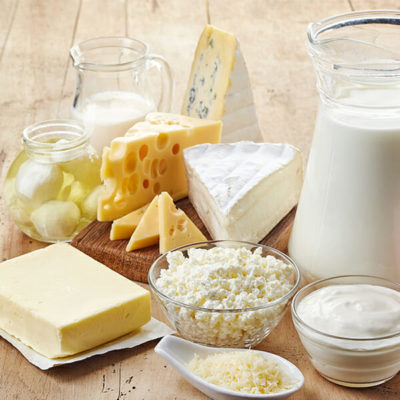
Dairy
Milk is a complex mixture of fats, proteins, minerals, enzymes, and carbohydrates. In addition to providing consumers nutrition directly through milk, yoghurt, and cheeses, whey also contains valuable nutritional value that is used to enhance foods and health products. Jacobi helps dairy companies create sustainable innovations from whey, turning what in the past went to waste into highly valuable ingredients.
- Whey contains high levels of salts, which foul equipment and limit product usability. Jacobi’s SAC and WBA resins cost-effectively demineralize whey, followed by chlorine regeneration and disinfection.
- Jacobi’s chromatography resins isolate and purify valuable components from whey such as lactoperoxidase and lactoferrin
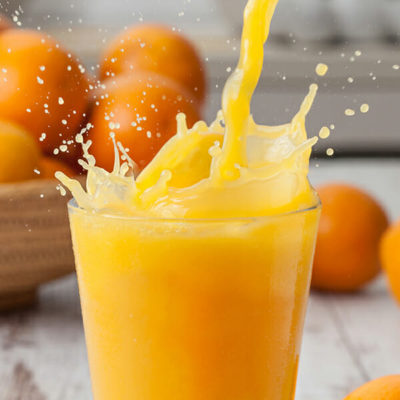
Beverages
Jacobi’s wide range of adsorbents and activated carbons help improve the quality and taste of many beverages.
- Jacobi’s products are used to remove the bitter taste in orange and lemon juice, the color components from apple and grape juices, and undesired components from wine
- Jacobi’s ion exchange resins and activated carbons improve ingredient water quality for beverages, removing chlorine, trihalomethanes, organic contaminants, taste and odour, and trace compounds such as pesticides.
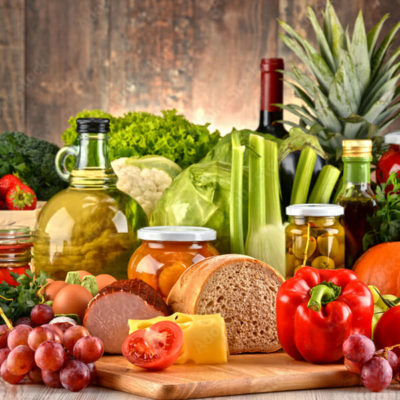
Organic and Amino Acids
Amino acids and organic acids help preserve food and enhance nutritional value and taste. Jacobi helps companies manufacture large-scale organic and ammino acids cost-effectively while ensuring reliability of supply to their operations.
- Our high-capacity SAC and WBA resins enable the efficient and economical deashing of organic acids by delivering high throughput, economical regeneration, long life, and low operating costs.
FOOD & BEVERAGES: PROCESSES
Brackish water softening
Total hardness removal of water with salinity from 5000 to 15000 ppm (eg. well water close to the sea) where usual SAC cannot perform because of to high NaCl concentration, by using a WAC in the Na+ form.
Deacidification
Removal of acidity from beverages, juices.
Demineralisation of Industrial Water
Removal of all ions from a water stream (salts and minerals) to lower conductivity.
Cartridges
Filter devices for several different application in liquids purification.
Decationisation
Removal of all cations.
Mixed bed (Polishing)
Demineralization treatment with a mixed bed resins (SAC + SBA) to remove residual ions salts and minerals after a demineralization system.
Chromatographic Separation
Technique that separates dissolved (usually aqueous) components from each other.
Decolorisation
Removal of unwanted colors from food and beverage liquids/solutions.
Nitrate Removal
Selective removal of nitrate compounds from drinking water.
Dealkalisation
Removal of alkalinity ions in water solutions (HCO3-, CO3²-and OH-) – Carbonates.
Deashing
Removal of ash ions (inorganics salts) from syrups.
Softening
Removal of total hardness (calcium and magnesium) from liquids.
FOOD & BEVERAGES: PRODUCTS

Strong Acidic Cation
Strong acidic cation resins are bead sized co-polymers (mainly polystyrene-divinylbenzene) with a sulfuric group which attracts cations. Resinex SAC comes in gel or macroporous types and are available in several bead sizes to adapt to different applications.

Strong Based Anion
Strong base anion resins are bead sized co-polymers (mainly polystyrene-divinylbenzene) with a tertiary or quaternary ammonium group which removes anions in various processes. Resinex SBA comes in gel or macroporous type and is available in different bead sizes.

Inert Resins
These are non-functionalized inert media made from Polypropylene or Polyethylene to protect tank nozzles or act as layers in packed beds and mechanical filters.

Mixed Bed Resins
Mixed bed resins are composed of strong cationic and anionic ion exchangers based on a polystyrene-divinylbenzene matrix that are usually sold in the ready to use (active) ionic forms.

W A C
WAC are polyacrylic, gel or macro ion exchange beads. They have the unique carboxylic acid functions.

Weak Based Anion
Weak base anion resins are bead sized co-polymers (mainly polystyrene-divinylbenzene) with tertiary ammonium groups, which are usually macroporous in structure.

Chromatographic Resins
Specially manufactured in our own production facility to meet customers requirements for optimised chromatographic separation.

AD Resins
Jacobi’s full line of specialty ion exchange resins for water softening, chelation, and heavy metals removal.
GET IN TOUCH
Fill out the short form below and or team will be in touch.
